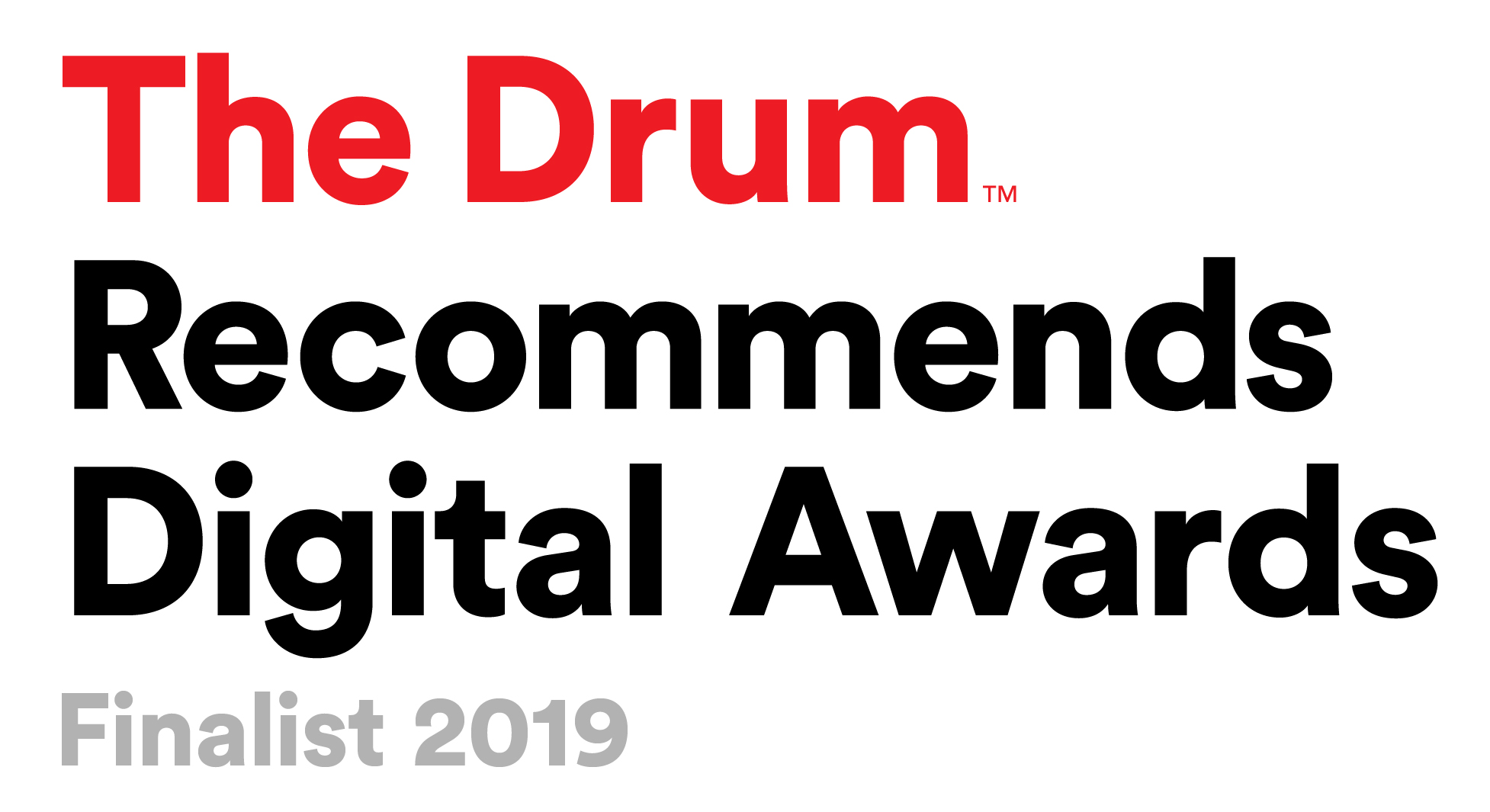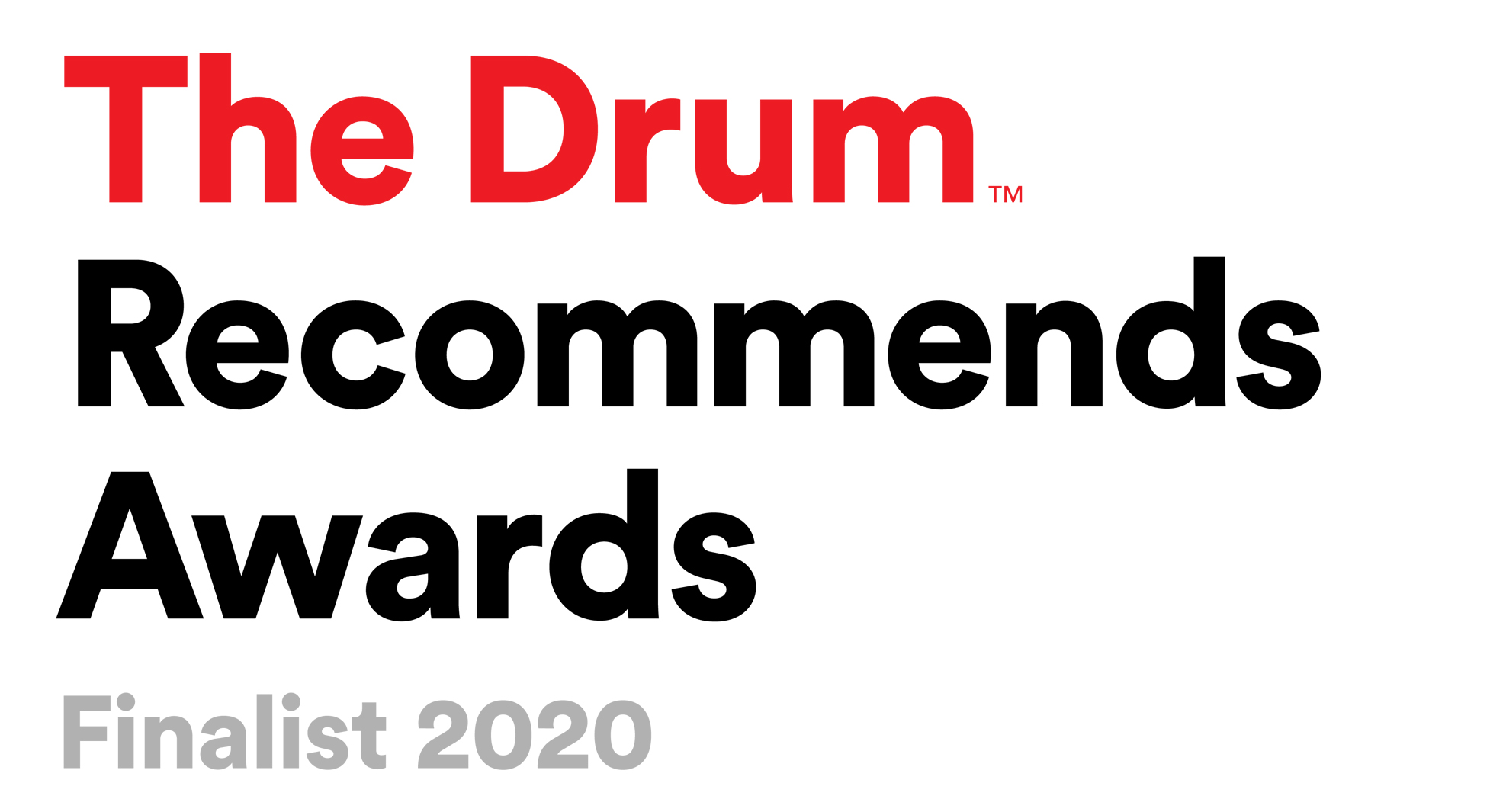What Are The Biggest Marketing Trends For 2024
Keeping up with the continually shifting landscape of marketing can be a full-time job in itself, and just as you think you’ve got a grasp of what’s going on, it can all change in the blink of an eye. Keeping abreast of the latest marketing trends is never easy, but it’s vital to know what’s what in the marketing world.
We’ve had a look at what all the industry experts have been saying and predicting, so you can succeed and ensure you’re keeping up with the competition, if not staying ahead!
The Marketing Trends of 2024
Short-Form Video Is King
We’ve all been guilty of spending way too much time scrolling through TikTok, YouTube Shorts, and Instagram Reels, and you may have then gone and made a purchase after watching too many short-form videos instead of working! Was it some new clothes, pet supplies, or a fancy new gadget?
But you’re not alone in this, as according to a recent survey in the US, 56 per cent of consumers admitted to making a purchase based on an ad they had seen on TikTok, and a further 36 per cent said they would be willing to make a buying decision based on short-form video ads.
These videos make a deeper connection with your customer base, and it has become simple for brands to repurpose video content into podcasts and text-based content. It’s therefore little surprise that 53 per cent of marketers are leveraging short-form videos, and 38 per cent are continuing to invest in short-form video social platforms.
While longer videos have the potential to include more information about products, brands and services, short-form use less bandwidth and appeal more to the fast-paced attention spans of online audiences across a wide demographic.
Content Creation That Aligns With Your Brand Values
According to data published by Consumer Goods Technology, 82 per cent of consumers want a brand’s values to be in alignment with their own, and a significant 75 per cent of shoppers said they had cut ties with a brand when their values conflict.
To ensure you remain on the good side of target audiences, brands need to make sure they make a point of showcasing their values on topics that have meaning to consumers. Studies found that 45 per cent of marketers will boost investment into the creation of content that shows their brand’s values, while only 9 per cent said they would be decreasing that investment.
Native Advertising And Sponsored Content Still Has Value
When a brand pays to have featured content on a third-party website, such as in the form of editorial-type content, this is an investment in native advertising. Over a third of marketers have planned to increase investment in native advertising in 2024, and over half say they will continue to invest the same amount as in previous years.
This is not too surprising, given the value that native advertising can have to brands. Unlike traditional advertising, which is designed to be disruptive and stand out, native advertising blends in and can help promote your brand to new audiences who otherwise might not have come across you before.
Native advertising ‘feels’ different to traditional advertising, and consumers are much more likely to pay attention to it, and research has shown that consumers view native advertising 50 per cent more than banner adverts.
Influencer Marketing Is Still Relevant
Influencers had a huge year in 2023, and it was nearly impossible to scroll through social media without seeing influencers promoting a massive range of products and services.
It’s highly unlikely that this trend will slow down in 2024, and 84 per cent of marketers have said they will be increasing their investment in influencer marketing this year.
By combining thought leaders with influencers in the relevant niches, brands can expand their awareness and gain new audiences from the influencer’s followers. But you don’t have to blow the marketing budget on a famous influencer, as micro-influencers with between 10,000 and 100,000 followers can be a much more affordable solution, and typically yield more success.
Leveraging AI Will Continue To Increase
Artificial Intelligence (AI) has made huge leaps in the past year and is set to continue to bring changes to marketing in 2024.
In 2023, 48 per cent of marketers said they had used AI for content creation – writing blogs and website and social media copy, landing page CTAs, and product descriptions. Amazon began using AI to summarise the key points from consumer reviews to help other consumers make a more considered purchasing decision.
AI has become popular with marketers, with its ability to streamline processes and give marketers more time to do other work and pursue new projects. While there are still concerns about the use of AI, to ensure your brand remains competitive, it will be vital to look at how leveraging AI tools can help your marketing efforts.
The Return Of VR And AR
Way back in 2021, virtual and augmented reality (VR and AR) were being used by 35 per cent of marketers in the strategies, half of whom planned to increase their investment into 2022.
However, by 2023, a quarter of marketers had stopped using VR and AR altogether, with bulky headsets and pricey equipment being slow to be adopted. But in 2024, there seems to be a comeback on the horizon, with 84 per cent of marketers planning on increasing VR and AR investment, as VR glasses and AR apps become more accessible.
Content Marketing Trends
According to statistics, nearly half of all buyers view between three and five pieces of content before they engage with a sales rep, and brands are expected to create even more content to grab the interest of consumers, which is why, globally, brands have increased investments into content marketing.
But what are the best content marketing strategies to be investing in? Let’s have a quick look.
Podcasts And Audio Content
Podcast popularity has massively increased, and 2023 was a golden year for the format. According to a 2023 US report by Edison Research, 42 per cent of people ages 12 and older listened to a podcast in the month previous, which was up 5 per cent from 2020 and 30 per cent from 2013.
Also, 75 per cent of Americans aged 12 and older listened to online audio in the previous month, and 70 per cent in the previous week, so it’s no surprise that marketers have been keeping an eye on this trend, with 82 per cent planning to increase investment in podcasts and audio content this year.
Blogging Is Here To Stay
According to studies, 92 per cent of marketers plan to either maintain or increase investment in blogging in 2024.
Blogging has been a core component of many marketing strategies since brands first started building websites, but the tactic is far from looking out of date. Blogging has been used by marketers for so long simply because it works, with one in three marketers leveraging blogs in their marketing strategies.
According to Hubspot, most consumers read between one and four blogs every month and have then gone on to make a purchase after reading a brand’s blog. Blogs can provide consumer engagement and potential conversion, but they can also provide crucial benefits to websites by way of search discoverability.
Websites with blogs have greater search potential and can implement SEO strategies far more easily than websites without blogs.
Case Studies To Continue To Drive Leads And Brand Credibility
Case studies can help establish transparency and trust between a brand and the target audience, offering a much deeper look into how a brand’s products or services can benefit the consumer, and over a quarter of marketers leverage case studies as part of their content strategies.
Some brands may publicly publish case studies on their websites to help persuade consumers, while others offer them as a free PDF that requires a lead conversion in order for it to be downloaded.
But regardless of how it is done, marketers are still seeing a great deal of value in case studies in 2024, with 87 per cent increasing or maintaining investment this year.
Feeling Overwhelmed?
Marketing will continue to change, and it’s important to keep your thumb on the pulse of the latest trends, as well as always being open to change to ensure your business doesn’t fall behind.
But if you’re feeling overwhelmed by the thought of trying to keep up with everything, don’t worry, Tonic will always be here to help, advise, and make sure your marketing efforts are always relevant and on-trend.





